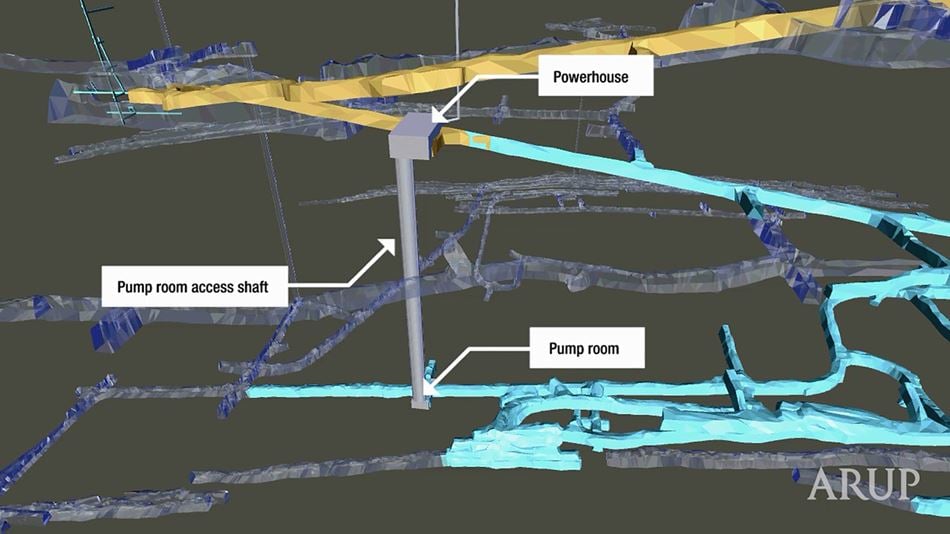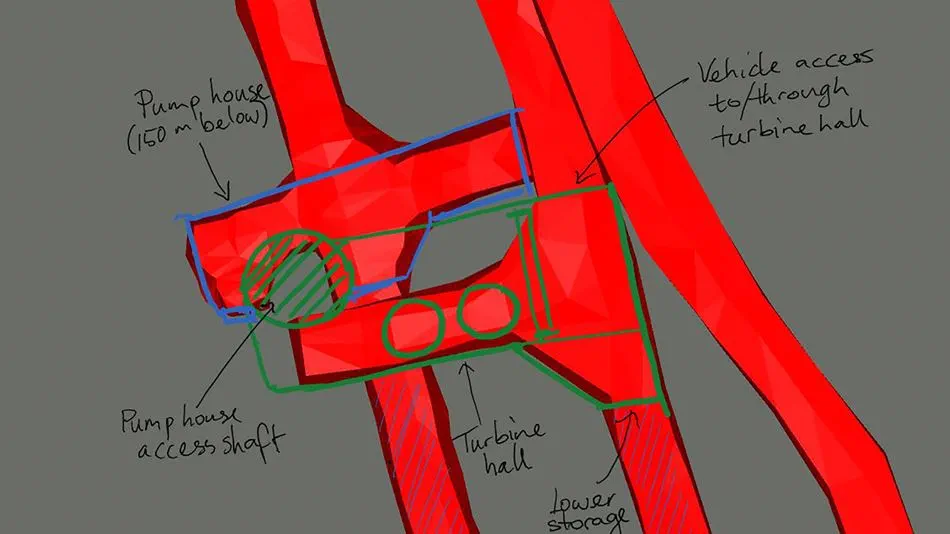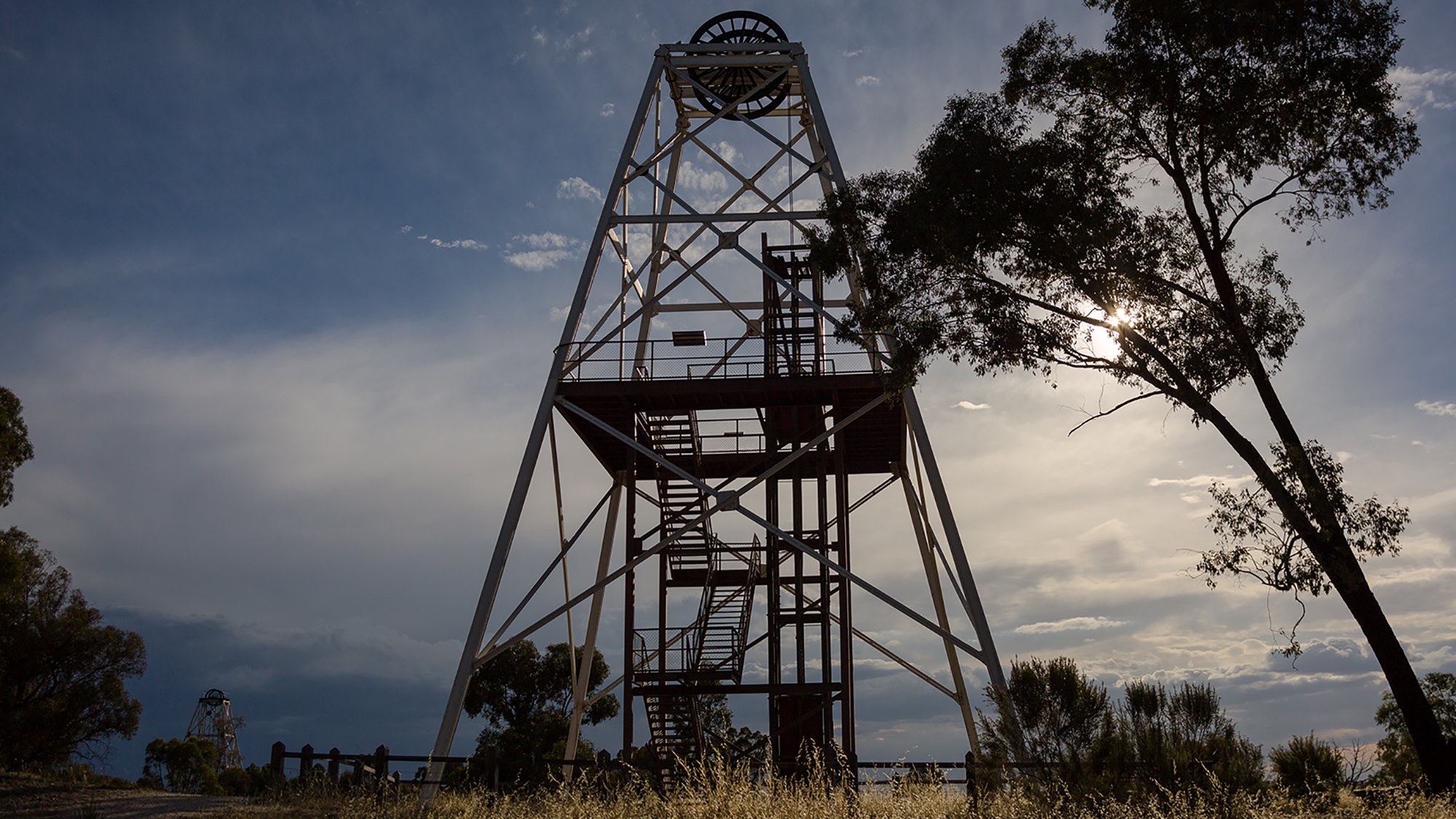Bendigo is a city above a city. Its long history as a gold-mining town means there is a huge, disused underground network of tunnels and shafts lying beneath its busy streets. Underground space such as this is usually considered of little use, but the Victorian state and local governments are considering if it can be used to store renewable energy for the region.
The Department of Environment, Land, Water and Planning (DELWP) and the City of Greater Bendigo asked Arup to build on work by the Bendigo Sustainability Group and GBM Mining, and investigate the feasibility of building a pumped hydro system using the old gold mine. As a firm built on the value of social usefulness, we saw it as a chance to do something innovative and contribute to the creation of environmentally-friendly communities. The result? A plan for a world-first economically viable pumped hydro system nestled within the workings of a combination of old and new underground mine workings.
Read the pre-feasibility here or learn more about this project on the DELWP website.
Project Summary
6hours of rechargeable storage with 30 MW generation capacity
2x 100MLunderground storage volumes
700mdifferential head between storage
One project, many opportunities
The study looked at how the project could benefit Bendigo in ways beyond energy storage. In addition to delivering peak energy generation capacity which will apply downward pressure on power bills, the system could also be used to help manage groundwater in the mine voids.
Delivering this energy storage project would enable further renewable energy projects in the Bendigo area to be developed. While working on the project, Arup identified a potential opportunity for significant levels of local ownership. A large community ownership stake could retain the value derived from the facility within the region, and give increased control of power bills to the Bendigo community.

And, because it’s to be a first-of-its-kind project, it would bring national and global attention to Bendigo and Victoria as leaders in sustainable energy innovation.
A new application for old technology
Pumped hydro energy storage has existed since the 19th century and is by far the most common form of grid-scale electricity storage in the world. The system acts like a rechargeable battery on a massive scale, that pumps water to an upper reservoir, then releases it to spin turbines. The concept design produced for Bendigo can generate 30MW of energy for six hours.

The right location for many reasons
Mine sites have been considered for pumped hydro for many years, as they satisfy several site requirements. These typically include a large area with elevation differences, low environmental impact, grid connection proximity, and a water source. Until now, concerns around rock stability have kept similar projects from going forward. While more work needs to be done to assess this risk for Bendigo, preliminary work suggests that the hard nature of the rock and the construction techniques used when mining will be a big differentiator from previous attempts.
The Bendigo Pumped Hydro pre-feasibility study could mark the beginning of a new generation of energy storage solutions within Australia and around the world. Arup hopes to continue involvement in this project, with the next phase likely to comprise a feasibility study. This will further define the project, its costs and benefits, and better understand project risks and opportunities.
 ;
;






